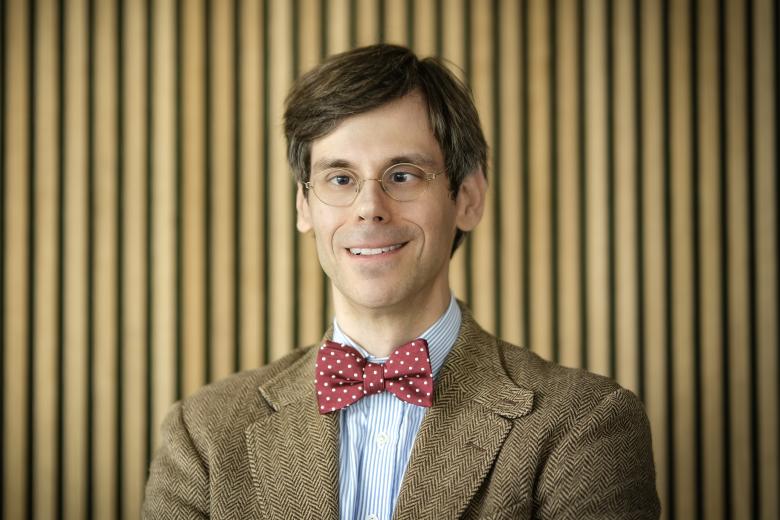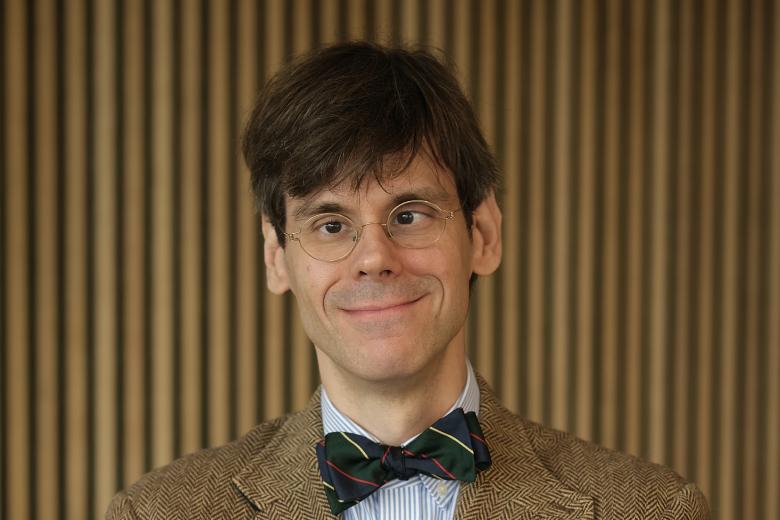Due Diligence Frameworks, national developments, quality agreements and student data
Dear members of the UM Community,
With spring on the way, the University Council has been busy with a range of policies and issues that will shape the future of our university. At our most recent plenary, the Council formulated its advice on the Human Rights Due Diligence Framework and the Transition to a Fossil-Free Society Framework.
These frameworks set out the criteria and procedures that will be used to assess UM’s external partnerships and determine if they violate our commitment to not be complicit in gross human rights violations and to not oppose the transition to a fossil-free society. The Council broadly supported the proposal by the Executive Board but made several suggestions that will be taken into account in the implementation, and will be involved in the evaluation of the pilot year.
The Council also approved the new policy for Working with a Disability and the creation of the Disability Inclusion Group, which will improve how UM supports staff with a disability in their daily work and will continue to make our university more inclusive.
Moreover, the Council continues to receive updates on the national developments about language policy and university finances, as well as what they mean for Maastricht University. The Executive Board is lobbying hard to make sure the special position of Maastricht University is taken into account, while the colleagues from the finance department are working diligently to assess the impact of the measures on our finances.
During our recent committee meetings, many other issues were discussed, including how the Quality Agreements money has been spent. This was money the UM received to improve the quality of education. The University Council and Faculty Councils were heavily involved in deciding how this money would be spent, focusing on themes such as academic advising, student wellbeing and providing study places. The Council is discussing whether the money has been well spent, but also how projects that were funded will be continued in the future.
Furthermore, we discussed Maastricht University’s Digitalisation Strategy. Students on the Council have also asked questions about how data about what students do on CANVAS, such as how often they log on or how much time they spend on pages, is used by teachers, leading to the agreement that this matter will be discussed by the education platform.
Finally, the Council continues to actively discuss the plans for the proposed board merger with the academic hospital, and the Council is still planning to decide on whether or not to consent before the end of the academic year.
Finally, I am happy to announce that the Council has voted to extend my term as technical chair for another two years. In these challenging times, I strongly believe the Council has an important role to play in making sure that the voices of staff and students are included in the decisions that will shape our future, and I am happy to be able to contribute to that.
Teun Dekker
Chair University Council
T.J. Dekker
Teun J Dekker (1980) is Professor of Liberal Arts and Sciences Education at University College Maastricht, where he teaches courses on the intersection of the Social Sciences and the Humanities, including History of Political Thought and Distributive Justice in Contemporary Political Philosophy.
As Professor of Liberal Arts and Sciences Education, his main duties are:

-
New Council year, quality agreements, DEI, alumni, internationalisation & human rights
Dear members of the UM Community,
The new academic year is in full swing, and so are UM’s representative councils. The newly elected University and Faculty Councils, as well as the Service Councils, are busy considering policy proposals and having discussions with the Executive Board, Deans, and...

-
End-of-year policy updates, student support fund, hospital integration and a new Council
Dear members of the UM Community,
With the end of the academic year in sight, the University Council is busy wrapping up all the formalities that need to be taken care of before summer, but is also already preparing for the new academic year.

-
Budgets, political agreements, human rights and fossil free society, and the MUMC+ integration
Dear members of the UM Community,
With the new year in full swing, the University Council has gotten back to work. While there are undoubtedly many challenges facing us, our belief in the process of university democracy gives us faith that, together with the Executive Board, we can do what is best...
